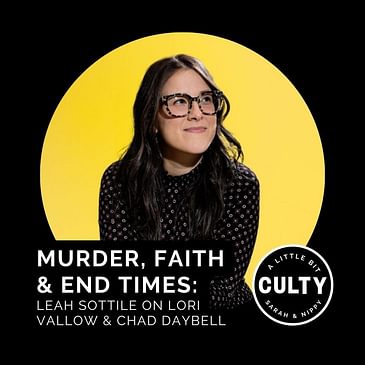This episode is sponsored by BetterHelp. If you still manage to read the news, good job. You’ve then no doubt heard that “Doomsday Mom” Lori Vallow was just convicted of murdering her 16-year-old daughter Tylee and seven-year-old son J.J. This judgment will be an end to this harrowing yet enthralling story, which turned 49-year-old mom and Mormon, Lori Vallow into an international media fixture, seemingly entangled in a web of infanticide, zombies, escapes to Hawaii, and a trail of mysterious deaths that remain suspicious as hell.
On today’s episode, we’re joined by freelance journalist and author Leah Sottile, whose book When the Moon Turns to Blood: Lori Vallow, Chad Daybell, and a Story of Murder, Faith, and End Times, illuminates the story of the former beauty queen and her grave-digger turned doomsday novelist slash extremist douchebag husband, Chad. Take a listen to learn more as Sottile breaks the case down, explaining how Vallow’s tale is just symptomatic of something larger.
Please note, this series includes details of sexual abuse. Listener discretion is strongly advised. If you, or someone who know, is a survivor of sexual assault, abuse, grooming, child abuse, or human trafficking, RAINN’s National Sexual Assault Hotline offers support at 800.656.HOPE (4673).
Also…
Hear Ye, Hear Ye:
The views and opinions expressed on A Little Bit Culty do not necessarily reflect the official policy or position of the podcast. Any content provided by our guests, bloggers, sponsors or authors are of their opinion and are not intended to malign any religion, group, club, organization, business individual, anyone or anything. Nobody’s mad at you, just don’t be a culty fuckwad.
Other Links:
Check out our lovely sponsors
Join ‘A Little Bit Culty’ on Patreon
Get poppin’ fresh ALBC Swag
Support the pod and smash this link
Cult awareness and recovery resources
CREDITS:
Executive Producers: Sarah Edmondson & Anthony Ames
Production Partner: Citizens of Sound
Producer: Will Retherford
Senior Producer: Jess Tardy
Writer: Holly Zadra
Theme Song: “Cultivated” by Jon Bryant co-written with Nygel Asselin
Learn more about your ad choices. Visit megaphone.fm/adchoices

